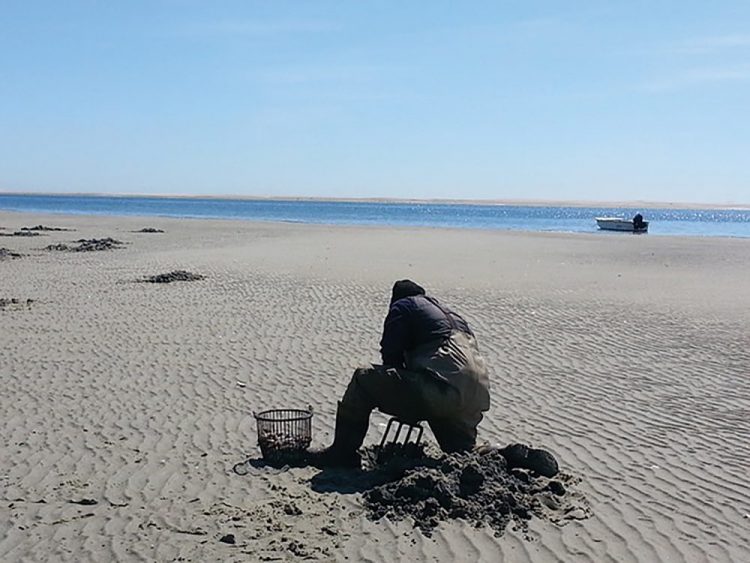
The College of Letters annual report for 1968–69 notes that Edgar Beckham taught COL 370: The Literature of Black Experience: “It was the first course in black studies offered by a black instructor.“
EDGAR BECKHAM: “TURN DIVERSITY INTO AN EDUCATIONAL ASSET”
Edgar F. Beckham came to Wesleyan from Hartford in 1951. As most students did, he and classmate David C. Morris ’55 pledged with fraternities, but they were both blackballed. The two fraternities withdrew from their national organizations rather than have racial discrimination imposed on them.
In 1961, he returned to Wesleyan as an instructor in German and the university’s first African American faculty member. He joined the administration as associate provost, and in 1973, was promoted to dean of the college, the position he held until leaving Wesleyan for the Ford Foundation in 1990.
He served the university in myriad ways, including co-director of the Wesleyan/NAACP Tutorial Program and working with Wesleyan Upward Bound, and he was a member of numerous town, regional, and national committees and boards of directors.
Alford A. Young Jr. ’88 wrote an account of the 1969 Fisk Hall takeover that describes Mr. Beckham’s involvement. All but one of Wesleyan’s African American students and some community members occupied the building for 12 peaceful hours to draw attention to their dissatisfaction with Wesleyan’s support of its black community. Mr. Young notes, “Days before the event, Edgar Beckham gave Dwight Greene ’70 and another black student the keys to the building, and the large group simply entered through the back door at 4:00 in the morning.” Mr. Beckham arrived an hour later. After the takeover quietly ended in the afternoon, the protest leaders gathered at Beckham’s house for “drinks and discussion…pervaded by a sense of relief that nothing went awry during the takeover.”
“What I want to urge you to do,” Mr. Beckham once said, “is live your lives on campus in ways that turn diversity into an educational asset, one that feeds your curiosity and trains you in observation, analysis, and critical thinking. And diversity can do that, if you recognize it as an educational tool, a rich store of information like a library, an apparatus, like the ones in the laboratory, that can support your inquiry into new domains of knowledge.”

